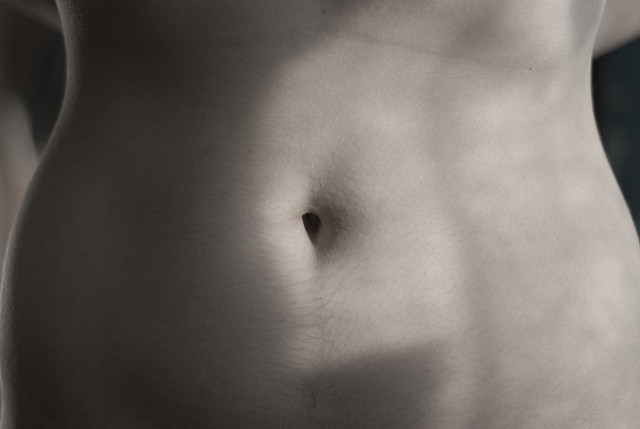Editor’s Note: This website is not designed to, and should not be construed to, provide medical advice, professional diagnosis, opinion or treatment to you or any other individual, and is not intended as a substitute for medical or professional care and treatment. Always consult a health professional about before trying out new home therapies or changing your diet.
It was Hippocrates, the father of Western medicine, who said, “All disease begins in the gut.”
Until quite recently, no one really knew what he meant. Nowadays, there are many studies suggesting that heart disease, diabetes, Alzheimer’s, Parkinson’s, multiple sclerosis, Crohn’s, autism, and other conditions, are affected by the state of our gut bacteria.
New information about the microbiome has completely changed how we think about the gut and its role in health and disease. One of the most ancient and effective health practices, Ayurveda, is also about to become better understood as a result of these discoveries.
Western medicine is beginning to comprehend what Ayurveda has known for millennia—food is medicine. Diet is enormously important in Ayurveda, and probiotics are included in the form of yogurt and lassi.
Greater knowledge about the microbiome allows us to understand why diet and probiotics are essential. Each new study showing how diet changes the microbiome makes it easier to grasp the time-tested tenets of Ayurveda.
Two important concepts in Ayurveda are ama and agni.
Ama can be thought of as the ultimate result of a disrupted microbiome and injured gut lining, which allows undigested food, bacteria, or environmental toxins to enter the bloodstream. Ama is considered to be a precursor of sickness.
When our gut bacteria are disrupted, the gut wall becomes more vulnerable. Antibiotics, poor food choices, and other factors can then lead to damage in the gut wall, which results in increased intestinal permeability and leaky gut syndrome. What this means is that undigested food, harmful bacteria, and environmental toxins are able to enter our bloodstream—a perfect description of the build-up of ama in the body.
Ama is not one single thing; it refers to different types of foreign substances or toxins that get into the body and trigger our immune system, leading to chronic inflammation and disease.
In Ayurveda, agni means the fire of digestion, which can be translated as the digestive enzymes that break down different foods. This definition can be extended to include the digestive power of the bacteria in our lower gut. The combination of specific bacteria with the sensitivity of our gut determines how much gas we produce and whether we experience bloating, pain, constipation, diarrhea, or comfort and ease.
There are many diets and treatment programs that can help to heal a leaky gut, and almost all of them have these basic recommendations in common:
- “A Rest and Repair Diet” for about three weeks, which eliminates grains, milk products, and sugar.
- Bone broth (for meat eaters) or kitchari (for vegetarians) two or three times a day to help rest and repair the gut wall.
- After three weeks, the gradual reintroduction of grains and milk products into the diet (keep a diary of their effect on mind and body).
- Probiotics, either directly in food or in capsule form.
- Some experts recommend doing probiotic enemas, which are similar in effect to Ayurvedic “bastis.”
Even during this critical health period in which obesity and diabetes are becoming epidemics the combined knowledge of the microbiome and Ayurveda gives us an opportunity to restore our gut health and prevent many of today’s most serious health problems.
References:
Gut Crisis: How Diet, Probiotics, and Friendly Bacteria Help You Lose Weight and Heal Your Body and Mind by Robert Keith Wallace, PhD and Samantha Wallace, Dharma Publications, 2017
~
Relephant Read:
How the Bacteria in Our Gut Influences Our Minds.
~
Author: Robert Keith Wallace
Image: Aleksander Razumny Nordgarden Rødner/Flickr & Caitlin Regan/Flickr
Editor: Sara Kärpänen
Copy Editor: Emily Bartran
Social Editor: Leah Sugerman








Read 2 comments and reply